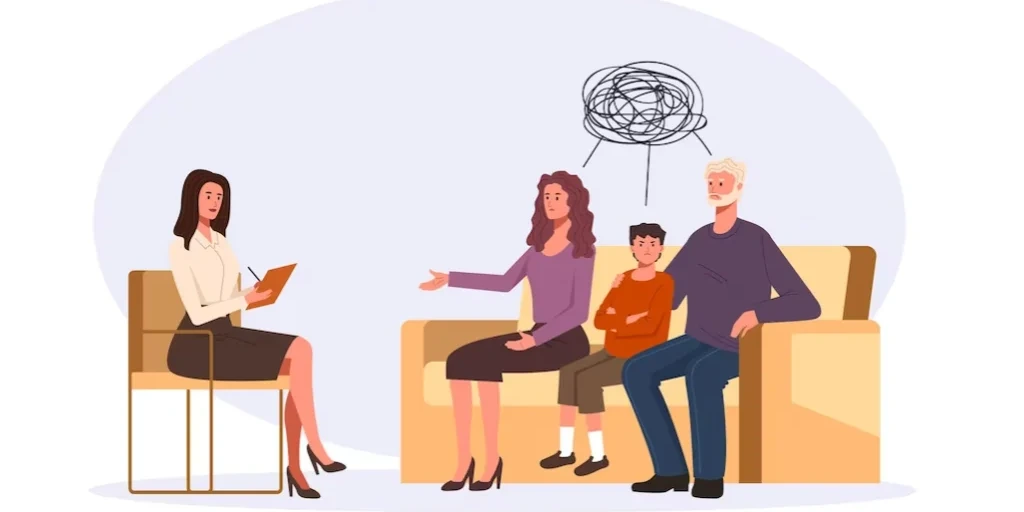24/7 Helpline:
(866) 899-221924/7 Helpline:
(866) 899-2219
Learn more about Group Therapy centers in Orcas
Group Therapy in Other Cities

Other Insurance Options

Amerigroup

GEHA

American Behavioral

Molina Healthcare

United Health Care

Magellan Health

Coventry Health Care

Providence

MVP Healthcare

Health Choice

Premera

Absolute Total Care

Sutter

Choice Care Network

Humana

Holman Group

Group Health Incorporated

WellPoint

Meritain

MHNNet Behavioral Health



















